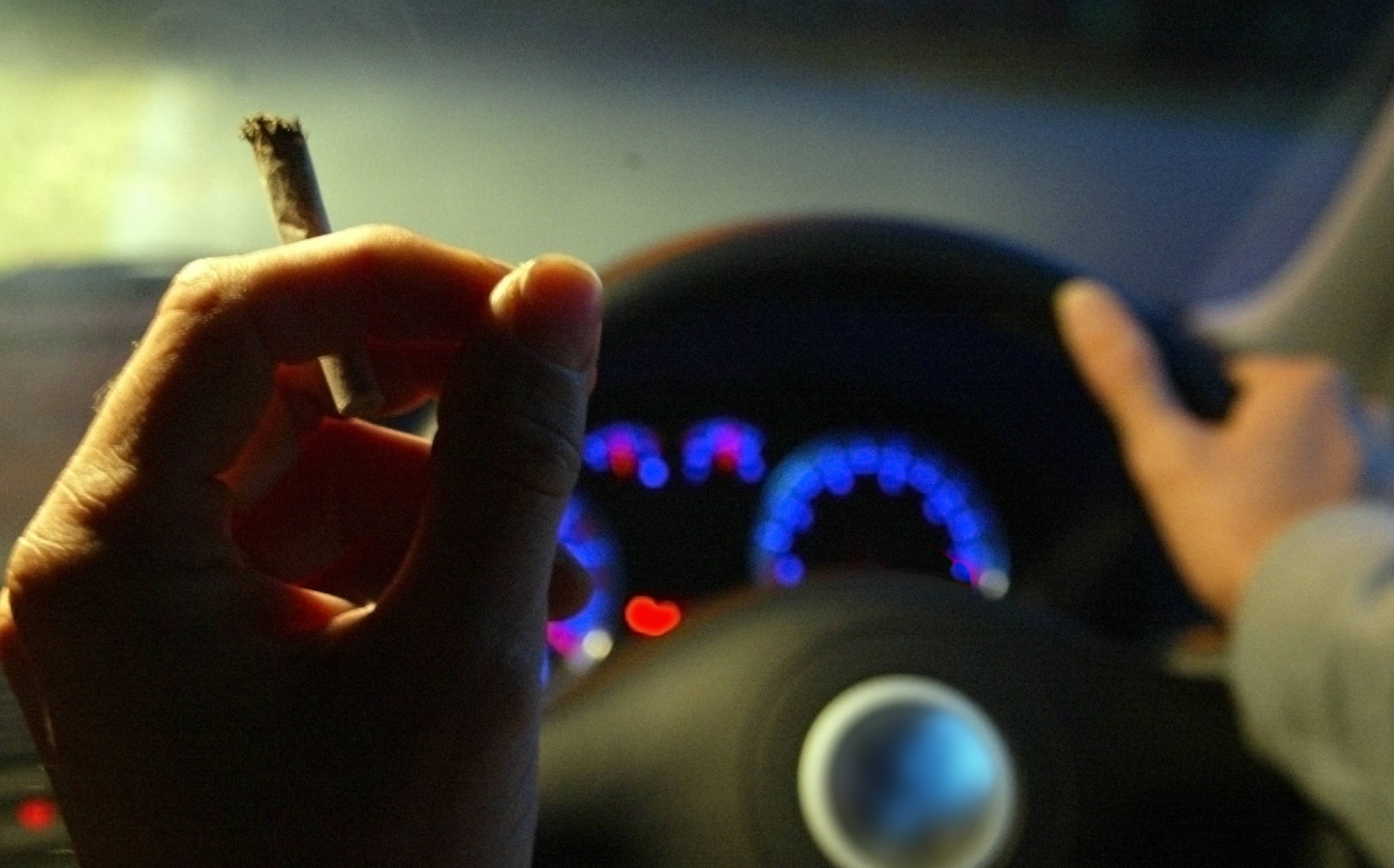Half of drivers stopped on suspicion of drug driving fail the roadside test
Anti-drug-driving message 'not getting through'
One in two motorists pulled over by the police on suspicion of drug driving are failing roadside drug tests, new data has revealed.
The numbers were discovered following a Freedom of Information (FoI) request submitted to all 45 police forces in the UK, with 31 forces — including the Metropolitan Police — responding to the inquiry.
They show that 51 per cent of drivers stopped on suspicion of drug driving tested positive during 2023, with 49 per cent failing in the first seven months of 2024.
In addition, Department for Transport (DfT) figures show that the number of deceased drivers who had “impairment drugs” present in their bodies at the time of death has increased by more than 70 per cent for the period from 2014 through to 2022.
Summer and Christmas operations
The alarming results suggest that not enough is being done to prevent drug-driving in the UK, according to IAM RoadSmart, the road-safety organisation that pulled together the data.
The most common time for catching drug driving offenders is, as one might expect, during the two main “party seasons” of the year — in summer, around the time of big festivals, and at Christmas.
At these times of year, a nationwide policing scheme called Operation Limit is conducted in order to reduce instances of both drink and drug driving.
Police traffic officers do not need a reason to stop a vehicle, but they must have a “reasonable suspicion” that the motorist is under the influence of drugs before asking them to submit to a roadside drug test. These include a swab, which can deduce on the spot whether motorists have recently taken cannabis or cocaine.
That was introduced in 2015, but some forces only started recording data in 2023, which means the actual number of drivers with drugs detected is likely to be much higher.
Legal drugs can still lead to convictions
It almost goes without saying that, as with drink driving, putting yourself behind the wheel after taking illegal drugs is against the law.
Yet it should also be borne in mind that driving after taking fully legal drugs is also breaking the law if the drugs are impairing the standard of driving.
“Impairment drugs” fall into three main categories: psychoactive medications, such as benzodiazepines; psychoactive drugs that could be prescribed, abused or used in emergency medical treatment, such as morphine, alfentanil, fentanyl or ketamine; and drugs that are prone to abuse, such as cocaine and LSD, which have no medical use according to The Misuse of Drugs Regulations 2001.
Police Scotland recorded the most failed roadside drug-driving tests in December 2023 and January 2024, with 526 offenders. Greater Manchester Police had the next highest figures, with 397 failing the tests, and Surrey Police followed with 368.
Convictions for drug driving can lead to a minimum 12-month driving ban, an unlimited fine, up to six months in prison and a criminal record.
As any conviction for driving under the influence of drugs stays on a licence for 11 years, that will in turn see convicted motorists with significantly increased insurance premiums during that time, and even having trouble travelling to certain countries, such as the USA.
Message not getting through
“The fact that one in two motorists are failing roadside drugs tests shows that the message about the dangers of drug driving is not getting through,” said William Porter, IAM RoadSmart’s policy manager.
“Separate research by IAM RoadSmart indicates that one in seven (16 per cent) drivers aged 17-34 admitted to getting behind the wheel after taking class A drugs, indicating how vital it is to tackle this growing epidemic.
“We urgently need a new approach to combat drug-driving which focuses on both greater enforcement and establishing rehabilitation courses to reduce re-offending.
“The evidence shows that those taking equivalent drink-drive courses are almost three times less likely to re-offend than those who don’t.
“Ministers must consider expanding similar courses to those with drug-driving convictions.”
Related articles
- After reading about the number of drivers failing a drug-driving test, you might like to read the professions most likely to be caught speeding
- Drug driving and speeding cases soared to record levels after Covid lockdown
- Drug-driver who led police on 100mph chase spared jail because of prison overcrowding
Latest articles
- F1 2025 calendar and race reports: The new Formula One season as it happens
- Seven great automotive events to visit this summer, from F1 to art and champagne
- Watch new Porsche 911 GT3 smash Nürburgring record for manual cars
- Skoda Elroq 2025 review: Czech carmaker can’t seem to miss with its electric family cars
- Five best electric cars to buy in 2025
- Should I buy a diesel car in 2025?
- Zeekr 7X AWD 2025 review: A fast, spacious and high tech premium SUV — but someone call the chassis chief
- Denza Z9GT 2025 review: Flawed but sleek 1,062bhp shooting brake from BYD’s luxury arm
- Extended test: 2024 Renault Scenic E-Tech review














